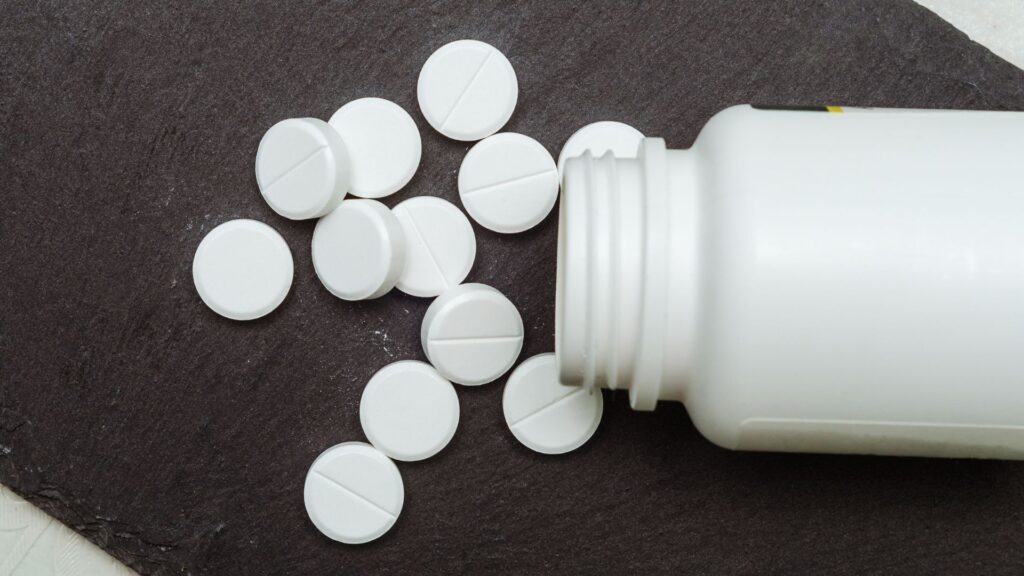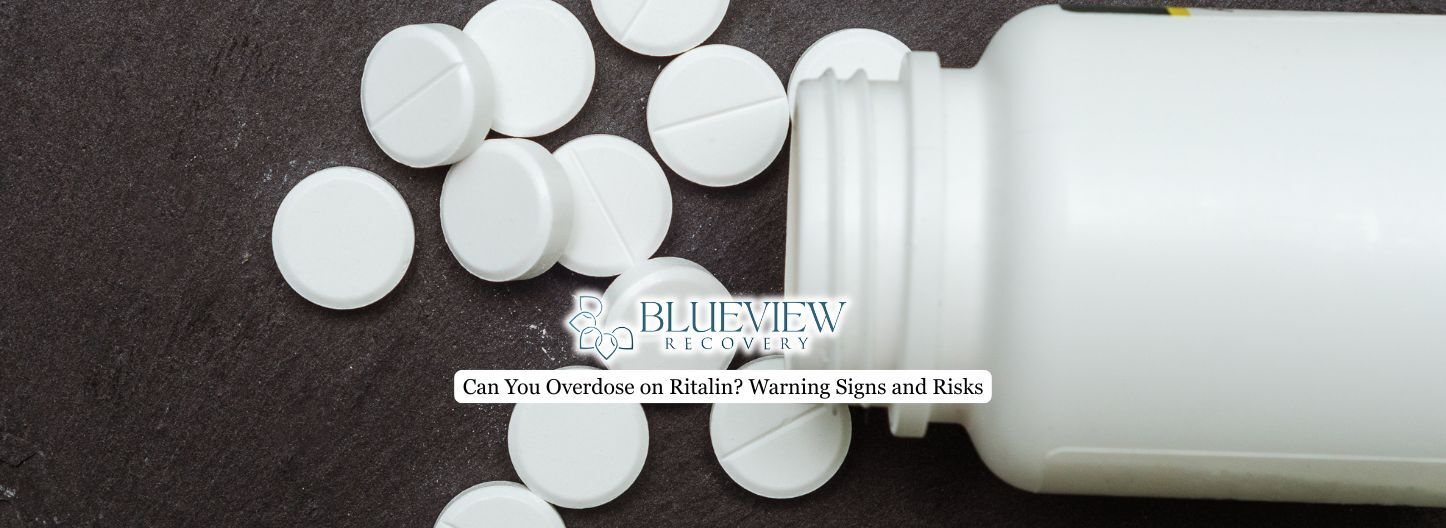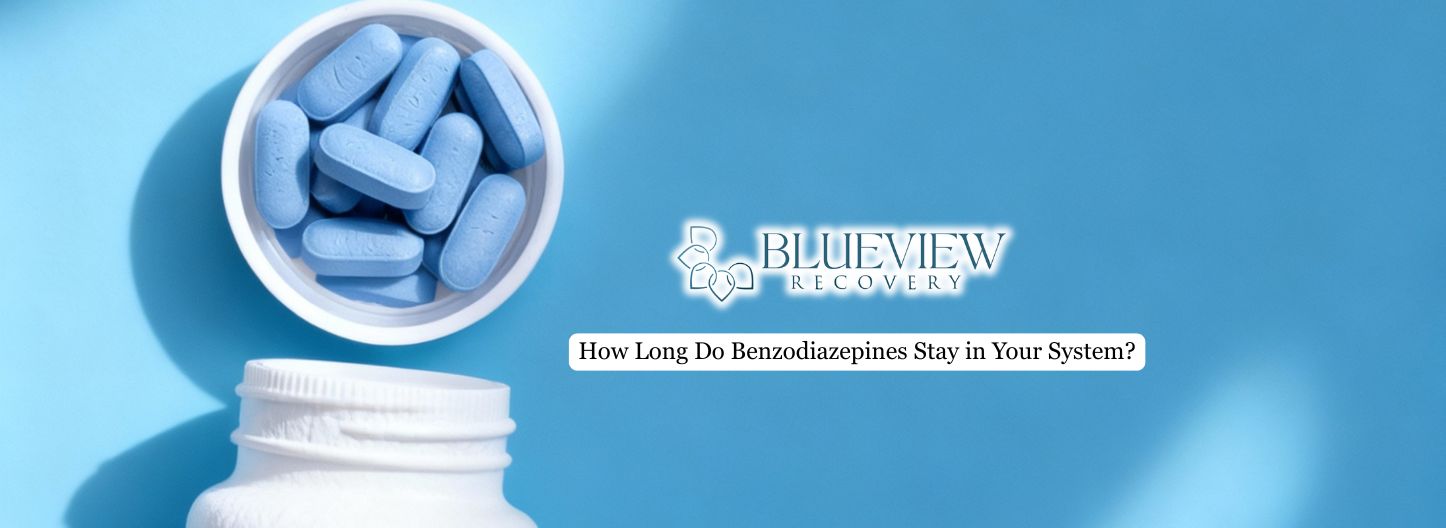Ritalin, the brand name for methylphenidate, is a prescription stimulant commonly used to treat attention-deficit hyperactivity disorder (ADHD) and, in some cases, narcolepsy. When taken as prescribed, it can enhance focus, impulse control, and overall daily functioning. But when misused or taken in excessive amounts, it can become dangerous.
This article explains how a Ritalin overdose can occur, the warning signs to look out for, and why recognizing them quickly is critical for protecting health and getting timely help.

What Is a Ritalin Overdose?
A Ritalin overdose occurs when someone takes more of the medication than their body can safely handle. This may happen through intentionally taking larger doses, using the drug recreationally, or accidentally consuming extra pills. Since this stimulant increases activity in the brain and nervous system, too much of it can overwhelm the body.
High doses affect the cardiovascular system, causing strain on the heart and blood vessels, while also disrupting brain function. In severe cases, taking too much can trigger seizures, dangerous spikes in blood pressure, or life-threatening complications. For individuals who struggle with repeated misuse, seeking professional treatment for Ritalin addiction can provide a safer path to recovery and reduce the risks associated with overdose.
Common Warning Signs
Physically, a person may experience nausea, vomiting, stomach cramps, or headaches. The heart may begin racing or beating irregularly, and body temperature may climb to dangerous levels. Tremors, muscle twitches, dizziness, or blurred vision can also appear.
Mentally and emotionally, taking too much of the drug may cause agitation, anxiety, and extreme restlessness. Confusion, paranoia, hallucinations, and even delusions may follow, making behavior unpredictable or aggressive. In severe cases, chest pain, seizures, fainting, or loss of consciousness signal a medical emergency.
Recognizing these symptoms and acting quickly can prevent life-threatening outcomes.
Risks and Complications
Because the drug increases cardiovascular activity, it puts significant stress on the heart and circulatory system. This is particularly dangerous for individuals with existing heart problems, as it can lead to arrhythmias, dangerously high blood pressure, or cardiac arrest.
Neurological complications are also common, since overstimulation of the brain may result in seizures or lasting cognitive effects. Psychological disturbances, such as anxiety or paranoia, can persist long after the initial overdose.
The risks are compounded when Ritalin is mixed with alcohol, antidepressants, or other stimulants, which increase toxicity. Chronic misuse not only raises the likelihood of overdose but also contributes to dependence, long-term health problems, and worsening mental health conditions.

How to Respond to a Suspected Ritalin Overdose
The most important step is to call 911 immediately. Delaying treatment can put the person at serious risk. While waiting for emergency services, it is important to keep the individual calm and safe. Monitoring their breathing, heart rate, and level of alertness can provide valuable information to first responders.
If the person is unconscious, do not give them food, drink, or additional medication, as this could worsen the situation. In cases where breathing stops, CPR should be administered by someone trained to perform it. Emergency treatment may involve IV fluids, medications to stabilize heart function, and medical monitoring to reduce the risk of complications.
How to Prevent Ritalin Overdose
The best way to prevent overdose is by using the medication exactly as prescribed by a healthcare provider. Patients should never take more than the recommended dose, even if they feel the drug is not working quickly enough. Recreational misuse, such as snorting crushed tablets, greatly increases the risk and should be avoided entirely.
Families and patients can also reduce risks by storing medication securely, educating teens and young adults about safe use, and keeping track of doses. Healthcare providers play a key role in prevention by regularly reviewing prescriptions, monitoring side effects, and discussing safe practices with patients.
Final Thoughts from Blueview Recovery
An overdose is a medical emergency that can have life-threatening consequences for both the brain and body. Symptoms should be treated with urgency and never overlooked. While Ritalin is safe and effective when used as prescribed, misuse or overuse significantly raises the risk of overdose. Recognizing how these incidents happen, knowing the warning signs, and responding quickly can make the difference between crisis and recovery.
At Blueview Recovery, we understand how easily dependence on prescription stimulants can develop. That’s why we provide specialized Ritalin addiction treatment in Philadelphia, PA, designed to help individuals break free from stimulant misuse, rebuild balance, and restore well-being. With comprehensive medical care and evidence-based therapies, lasting recovery and a healthier future are within reach.





